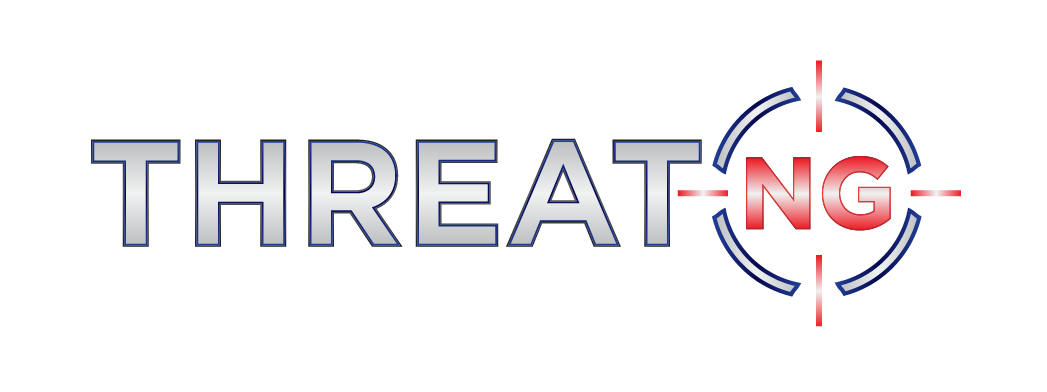Ethical Data Practices
Ethical Data Practices in security and cybersecurity refer to principles and guidelines governing responsible and morally sound data handling. This includes collecting, storing, processing, and sharing information, respecting individuals' privacy rights, maintaining data accuracy, and ensuring transparency in data-related activities. Ethical data practices involve obtaining informed consent from individuals before collecting their data, providing clear and understandable explanations of how data will be used, and taking measures to protect data against unauthorized access or breaches. Additionally, it involves an ongoing commitment to data integrity, accountability, and the lawful handling of information following relevant regulations and ethical standards. Practicing ethical data principles is crucial for building trust with users, fostering a positive cybersecurity culture, and ensuring that data-driven technologies and processes benefit individuals and society as a whole without causing harm or infringing on privacy rights.
A comprehensive solution like ThreatNG, integrating External Attack Surface Management (EASM), Digital Risk Protection (DRP), and Security Ratings, is vital in promoting Ethical Data Practices for organizations. Through EASM, ThreatNG offers a detailed examination of an organization's external landscape, ensuring transparency and accountability in data collection and usage. DRP actively monitors this external presence, protecting against cyber threats that could compromise the ethical handling of data, such as unauthorized access or privacy breaches. Simultaneously, Security Ratings evaluate the organization's cybersecurity posture, reinforcing adherence to ethical standards and regulatory compliance. This integrated approach complements other security solutions by addressing the external dimensions of cybersecurity, ensuring ethical data practices throughout an organization's digital footprint. For instance, ThreatNG can collaborate with identity management systems to enhance privacy controls, fostering an environment where ethical considerations are seamlessly integrated into data protection measures.

